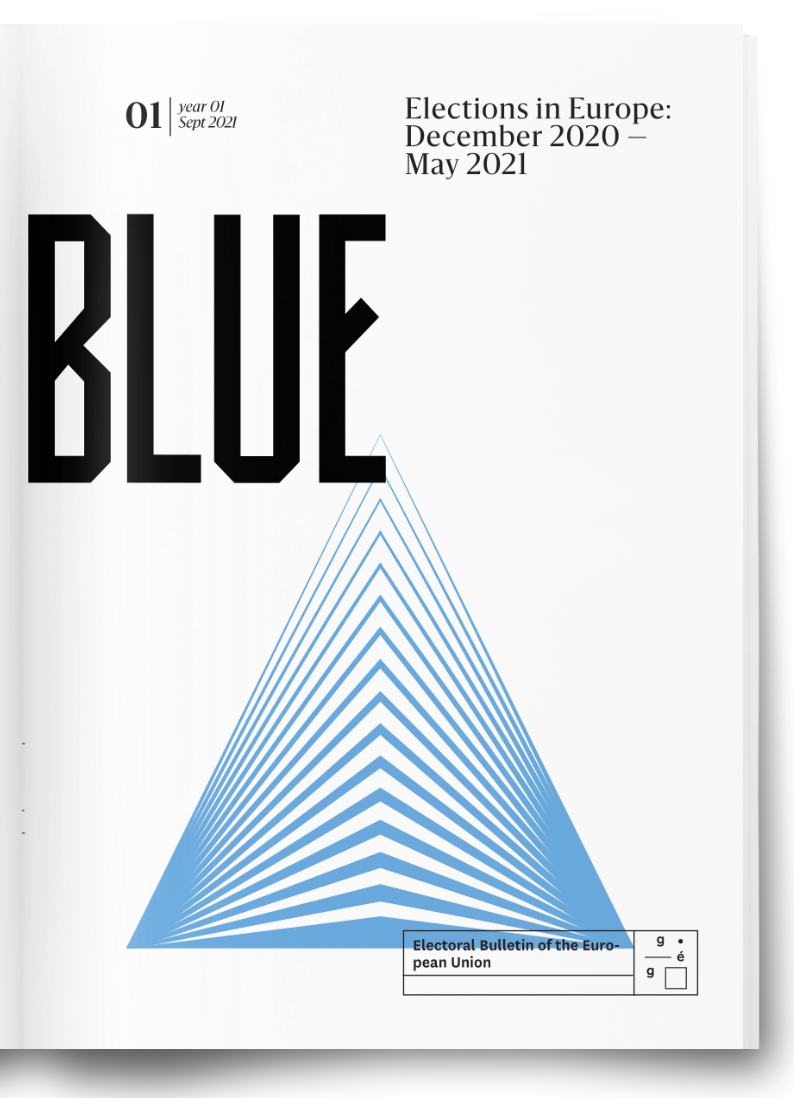What is European politics?
François Hublet
Issue
Issue #1Auteurs
François Hublet
21x29,7cm - 102 pages Issue #1, September 2021 24,00€
Elections in Europe: December 2020 — May 2021
To this question, which is all too rarely asked, it seems tempting to answer that European politics is above all the politics of the European Union, the politics of Brussels, Luxembourg and Strasbourg, the politics of the European Semesters, the politics of the summits and the politics of the treaties: the politics of the supranational level. The high point of the European Union’s political life, the elections to the European Parliament, the second largest electoral event in the world with two hundred million voters, are the symbol par excellence.
On closer inspection, however, it seems strange to reduce European politics to the so-called “European” elections. Recent history has shown that a German, Greek, Catalan or Roman election can have continental repercussions. Just as regional and local elections, with their many interactions, play an essential role in the life of so-called “national” political spaces, European politics is from the outset a multiscalar fact. No one can understand the Union without also observing its cities, its countryside, its regions, its Member States and those in its neighbourhood. Similarly, no one can understand the political life of the Member States without keeping the European dimension in mind.
Multiscalar does not mean hierarchical. Contrary to the frequent presentation of sub- and supranational elections as second-order elections, and without giving in to the methodological bias that would place the main national elections or those of the “large states” at the top of the pyramid, it is possible to consider each election on its own scale, while paying particular attention to the complex dynamics that unite them, and to patiently generate a systemic understanding of the European political space.
For citizens wishing to learn about contemporary political and electoral dynamics in Europe, BLUE offers a new perspective: a series of concise analyses of regional and national elections in the EU, as well as municipal elections in the 15 largest European cities and national elections in most other European countries. Thanks to this kaleidoscope, preceded by a brief comparative summary and accompanied by graphs, maps and a rich open database, a panoramic view of the electoral life of the continent is finally made possible. Written by specialists in each of these areas, the contributions gathered in these biannual reports will give a glimpse of European politics in all its topicality and diversity.
For scholars, institutions, journalists and organisations wishing to learn about contemporary political dynamics, the review process adopted by BLUE and the orientation given by its Scientific Council will ensure the highest level of analysis. Building bridges between the different public, linguistic and political spaces of the continent is an essential challenge for Europe; BLUE will play its part in this essential construction of a common information platform.
What is European politics? — This is the question, never definitively settled, which this new journal will endeavour to answer. The editors and contributors of BLUE wish you an excellent read.
citer l'article
François Hublet, What is European politics?, Sep 2021, 3.
à lire dans cette issue
voir toute la revue





